Experiential Learning at the Pine Creek Indian Reservation
by Leslie McLove | Photos by NHBP Tribal Member and Photographer Johnathon Moulds
“I really enjoyed the oral retelling of the Seven Grandfather Teachings. Every time I have heard the story, it always varies a little bit, and I enjoy hearing the different versions,” said Western Michigan University Employee Jason Monck (Sault Ste. Marie Tribe of Chippewa Indians).
For generations, the history and teachings of Indigenous people have been passed down and taught through stories. Storytelling also allows people to get to know one another.
This tradition was woven into the classroom setting recently as students from the Indigenous Perspectives on Environmental Justice and Climate Activism class at Western Michigan University (WMU) visited the Pine Creek Indian Reservation for a three-part hybrid learning experience.
“I want to share some of our stories with you,” said NHBP Cultural & Historical Preservation Manager Fred Jacko Jr., as he welcomed WMU students to The Rez on the first day. “That’s how we communicate is through our stories; we are not a written people. If you want to gain a better understanding of our Indigenous ways, it’s important to be able to walk alongside us, listen to our stories and be open to learning about our culture and traditions.”
Instructed by Associate Professor Dee Sherwood, in partnership with NHBP Environmental and Tribal Historic Preservation Departments, this progressive classroom setting approach was launched during the 2023 Summer 1 term.
“Learning about Indigenous cultures, values, and lifeways is something that so many college students are yearning to do, but they do not know where to start,” said Sherwood. “Within the areas of environmental protection and climate activism, Indigenous people are leading these efforts, locally and around the world. This course connects college students with NHBP keepers of traditional ecological knowledge so that students can effectively learn from accurate sources. Indigenous understandings of sustainability and environmental protection are not new and were developed long before Western science came along.”
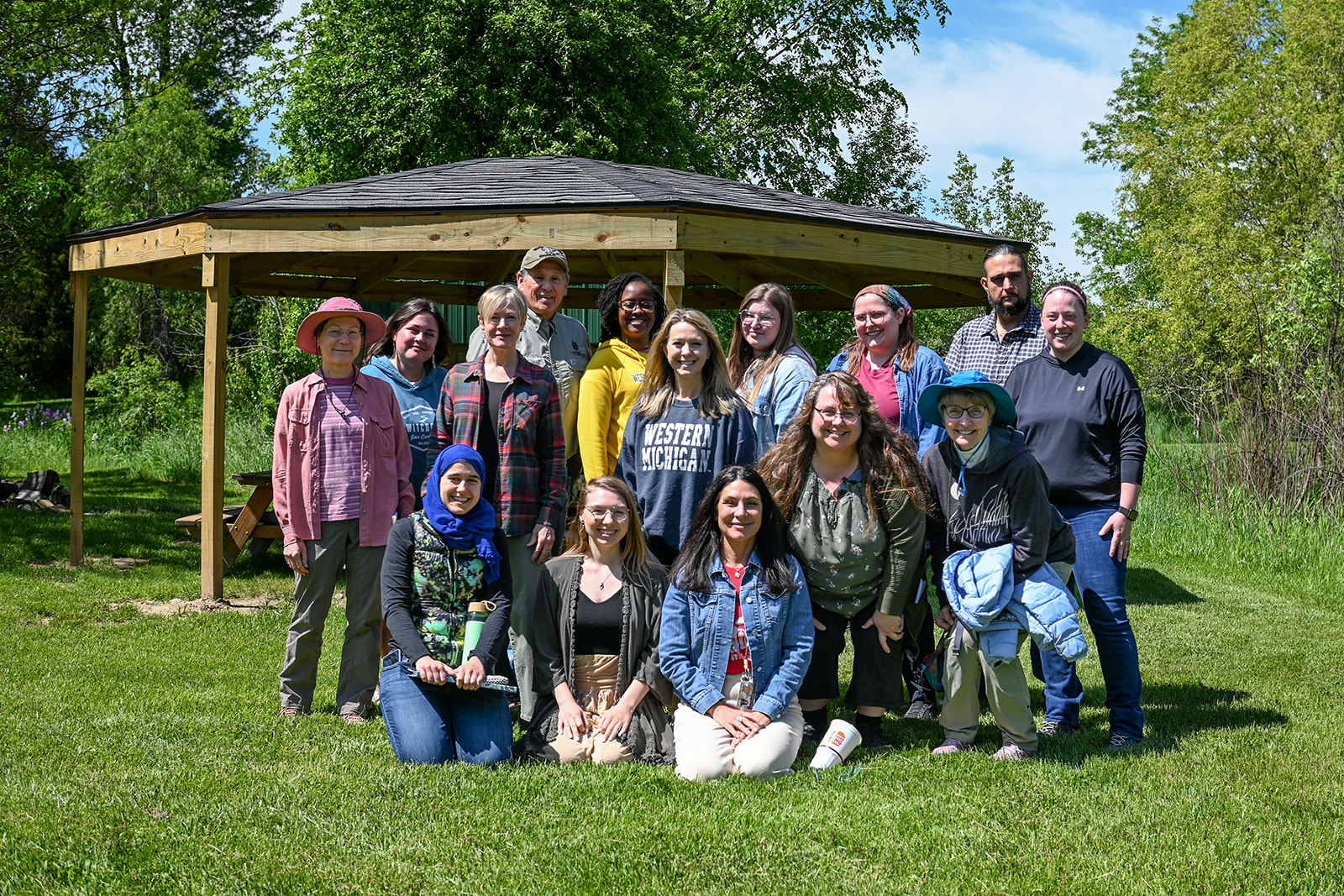
Fifteen students enrolled in the course, two of whom are enrolled Tribal Members from neighboring Michigan Tribes.
“It was such a privilege to be invited into your circle, to hear your stories. Your beautiful land left me with a deep sense of calm. Thank you for generously giving us the spiritual gift of your truth to enrich us on our own journey forward,” said WMU Student Phyllis Pelletier.
NHBP Elder and Tribal Historic Preservation Officer (THPO) Doug Taylor and Fred Jacko Jr. were both on hand to provide students with three days of learning to deepen their knowledge of Indigenous culture, values, language, lifeways and ecologies.
“This course is unique in that WMU students are able to learn directly from NHBP Tribal Members and staff on-site at the Pine Creek Indian Reservation,” said Sherwood.
Each three-hour class at The Rez provided students with a one-of-a-kind experiential learning opportunity
“Too often, education is approached as an extractive act. In an extractive model, teachers deliver, and students expect to receive the commodity of a fact, lecture, or course ‘credit.’ But at the Pine Creek Indian Reservation, Professor Sherwood, Doug and Fred and their colleagues taught our class through stories–sometimes hard stories, sometimes humorous stories, sometimes mysterious stories,” said Dr. Lynne Heasley, WMU faculty member. Heasley, who teaches at the WMU Institute for the Environment and Sustainability, participated in the course as a student. “These [stories] wove a kind of classroom that gave us a much deeper understanding of NHBP’s history, sense of place, ecological knowledge, and Community values. Because of their generosity, we were able to bring our whole selves and be ourselves as learners in a more lasting way.”
Day one included a tour of The Rez followed by cultural teachings, an introduction to the Sacred Medicines, a Smudging ceremony and a Passing of The Feather Talking Circle. Tribal Chairperson Jamie Stuck also joined the class to explain to students the vast array of projects and initiatives that NHBP is working on. He also spoke about the available services and opportunities offered to Tribal Members to assist them in building better futures through innovative and sustainable approaches, which align with building on the vision to strengthen our Community for the next Seven Generations.
Day two provided an up-close look at some of our natural waterways as Taylor, Jacko and Culture Specialist Kevin Harris II led the class on a kayak/canoe tour down the Pine Creek River. Here, students also learned about NHBP’s Mnomen {Wild Rice} monitoring program, observed Wild Rice riverbeds and gained a better understanding of the types of ecosystems found near the river.
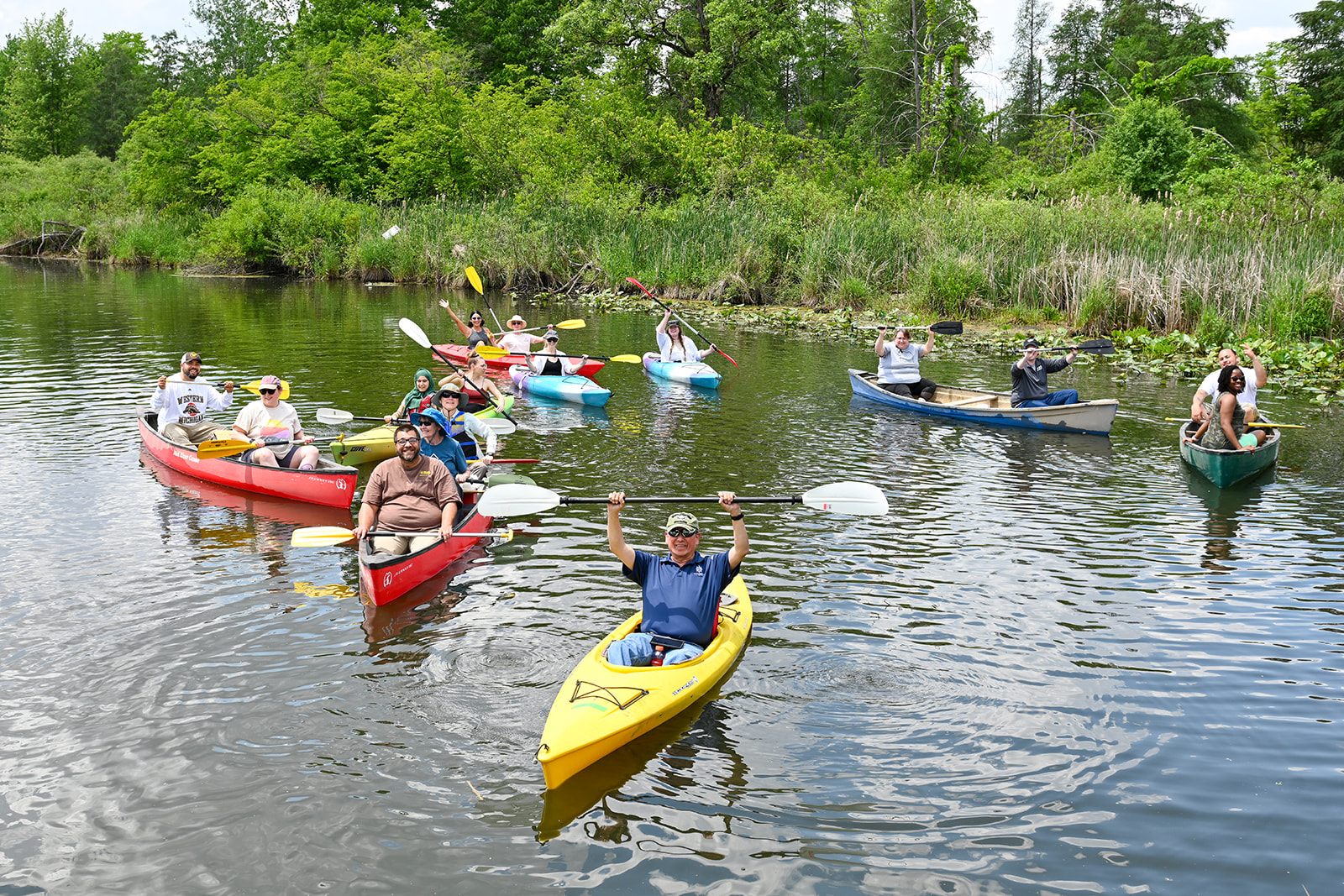
WMU Provost Dr. Julian Vasquez Heilig joined the class on day two.
“Having the support of top leadership at the university affirms the importance of this learning opportunity,” said Sherwood.
On the third and final day, the class participated in Indigenous-led discussions about the Seven Grandfather Teachings, discussed the Medicine Wheel and listened attentively to traditional storytelling. They also received an overview of NHBP’s Food Sovereignty program and the impact this initiative plays in building a sustainable future within our Community. Cultural Associate Jenniffer Wethington also shared the Bodéwadmi word translations for the Seven Grandfather Teachings with students.
“I appreciated hearing about the local impacts of pollution in regard to the large farming operations in the area and their ongoing fight with Enbridge about Line 5. They explained the Medicine Wheel, tied in the colors, directions, Sacred Medicines & Seven Grandfather Teachings. I thought this was a great learning experience for anyone wanting an introduction to Potawatomi culture,” said Monck.
The inspiration for developing the course came about following several conversations and consultations between Sherwood, Taylor and NHBP Environmental Director John Rodwan. When the idea came forward, they were meeting to build relationships with WMU and work on another project.
Sherwood then received a Climate Change Teaching Fellowship from Western’s Center for Humanities through a National Endowment for the Humanities grant to develop the course. NHBP and the WMU Native American Affairs Council (NAAC) offered feedback and guidance on the course content and made recommendations for on site learning activities.
This 7-week hybrid experiential learning course is open to undergraduate and graduate-level students across all majors. Through this course, students are able to examine the connection between fossil fuels and climate change, the principles of environmental justice, and the importance of climate activism from Indigenous perspectives.
Moving forward, WMU plans to offer this course one to two times per year, in the spring and summer, in consultation with NHBP.
NHBP is deeply grateful to Dr. Sherwood, WMU NAAC and all of the faculty members working to support, elevate and advocate for Native American perspectives and communities both on and off campus.
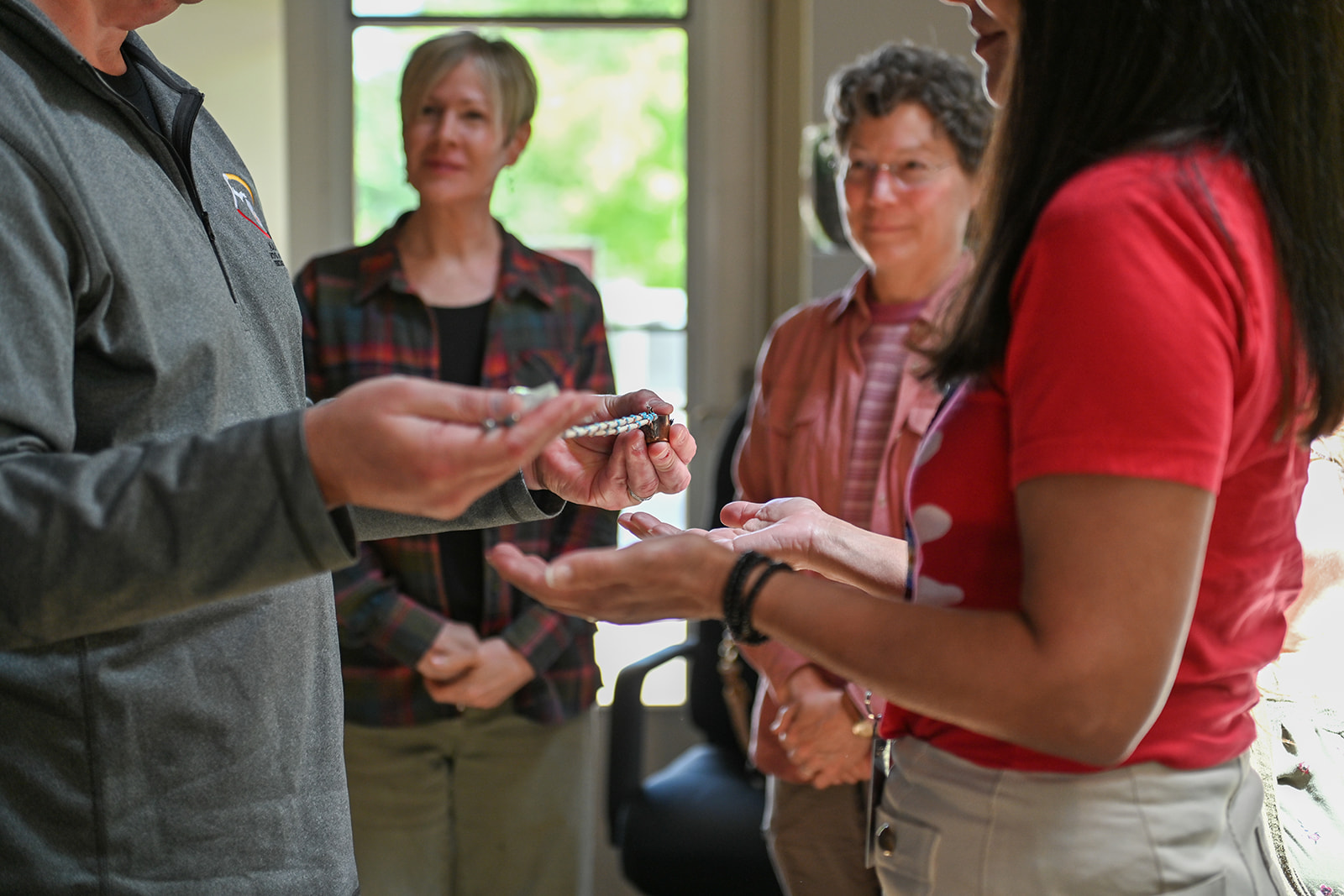
As WMU continues to honor Native American heritage through creating paths to deepen connections with tribal communities by expanding upon the educational opportunities available in their course offering catalog, NHBP will continue to walk alongside them to show our support and share our stories in a way that allows us to build, grow and learn from one another.
To view the full photo gallery, click here.

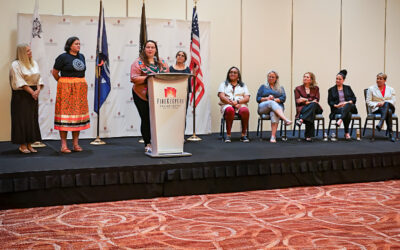

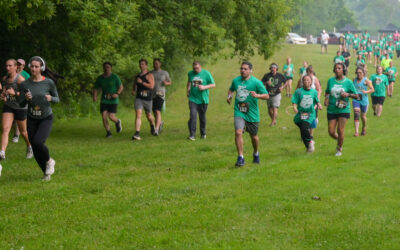
0 Comments